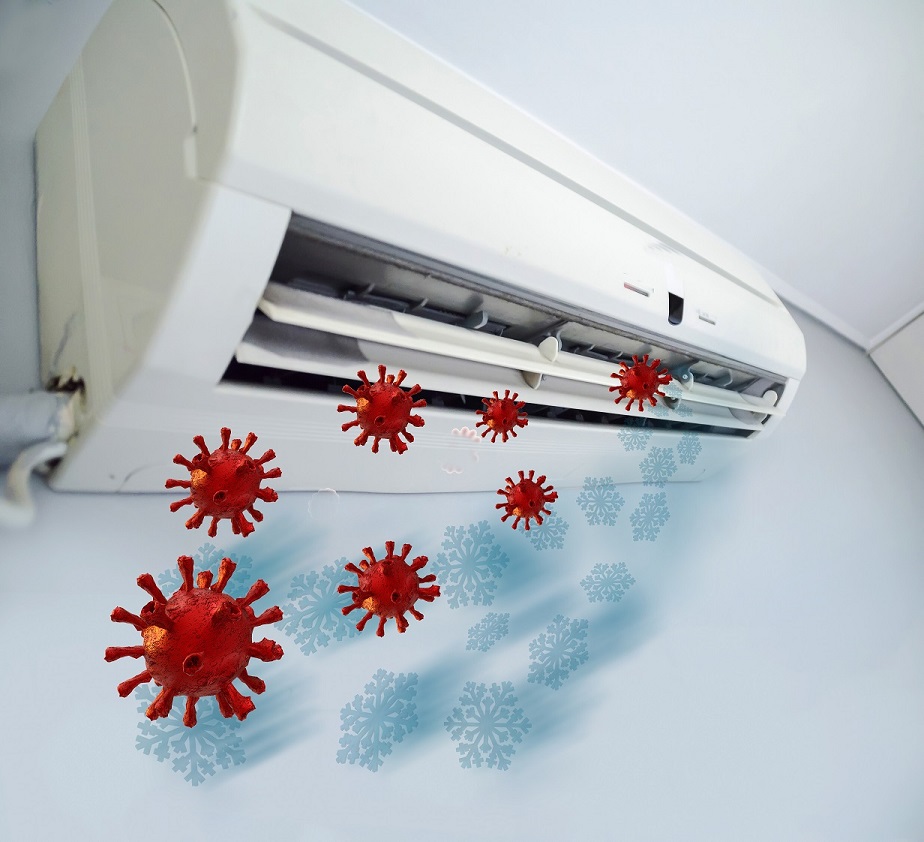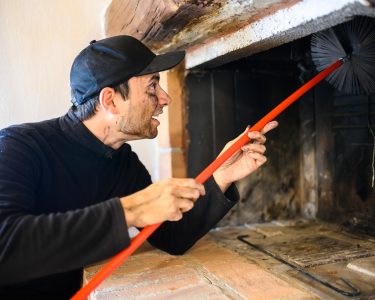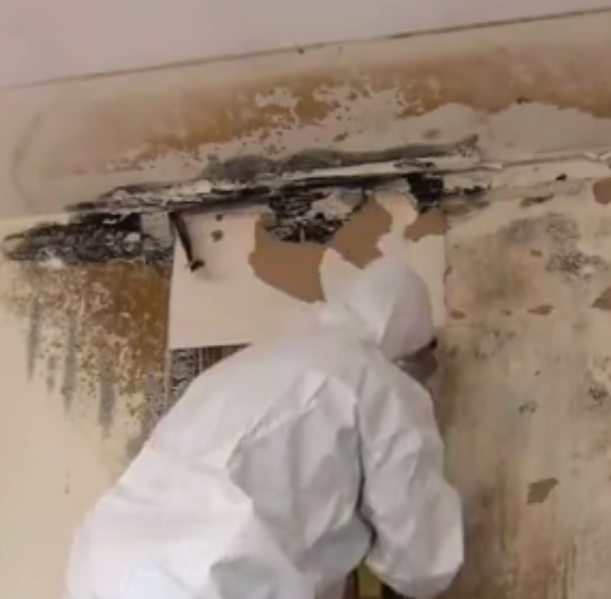As America struggles to get a handle on the deadly pandemic that is overwhelming hospitals systems in Arizona and Texas with states like California and Florida not far behind, it must also cope with the elevated summer temperatures that have become commonplace in the era of global warming. Coupled with recent evidence that air conditioning may in fact help spread coronavirus, Americans have every reason to proceed with extreme caution this summer.
If the trend of record hot temperatures continues, people will be spending more time indoors in the next couple of months. Moreover, we are already well aware that coronavirus spreads more easily in confined spaces than outdoors. Although opening windows to increase ventilation from outside may seem like an easy solution, it’s just not economical for large air-conditioned spaces, which need to be kept sealed.
Connection Between Air Conditioning and Climate Change
As more people run their air conditioning to cope with the hotter temperatures brought about by global warming, they wind up contributing to the problem by consuming extra energy to run their HVAC systems. Indeed, air conditioning accounts for 17 percent of year-round home electricity consumption. As a result, it becomes a vicious cycle in which years of greenhouse emissions result in hotter summers which increases the demand for air-conditioning which also adds to greenhouse emissions.
Can Air Conditioning Exacerbate Health Problems?
Some health experts blame air conditioning systems for spreading the mold spores and bacteria which led to the term “sick building syndrome.” Moreover, studies in Europe and both North and South America bolstered this notion by finding that people who work in air-conditioned spaces tend to have more health issues than those who work in non-cooled spaces.
Nonetheless, air conditioning is still seen largely as a health benefit because it reduces the deaths and medical issues that often result from heat extremes.
Furthermore, those who suffer in extreme heat tend to be older or have pre-existing health conditions; they may also come from lower income backgrounds that cannot afford proper air conditioning. Unfortunately, these groups are also some of the most susceptible to contracting coronavirus.
Indoor Air Quality and Health
Before discussing the added threat of coronavirus in indoor spaces, it helps to understand the degree to which poor indoor air quality can damage one’s health and well-being. Studies have shown that its impact on human health can develop both soon after exposure and many years later.
For this reason, indoor air pollution consistently ranks among the top five environmental risks to public health. Therefore, homeowners and business owners should not wait for signs of illness before testing for indoor air quality. Whether or not there is the possibility of exposure to coronavirus, every office space should be thoroughly decontaminated prior to reopening. Moreover, it is critical that cleaning personnel are familiar with the latest cleaning and disinfecting protocols regarding Covid-19.
Does Air Conditioning Really Help to Spread Covid-19?
While many health experts initially claimed that we had little reason to fear the spread of coronavirus germs from air conditioning, there seems to be a a difference of opinion on the subject nowadays.
For instance, a study recently published in Emerging Infectious Diseases claims that nine people at a Wuhan restaurant contracted coronavirus just by sitting close to an air conditioning vent. The researchers traced the virus to an asymptomatic diner who sat in front of the AC unit. While we need more evidence to back up this claim, it shows that we certainly cannot discount the possibility that AC units may aid the spread of Covid-19.
How HVAC Units Operate
To understand how air conditioning might spread the coronavirus, it helps to know how these systems operate. When outside temperatures rise, HVAC systems adjust the mix of fresh air they take from the outside in order to save energy. Essentially, the hotter it becomes outside, the more indoor air recirculates.
Consequently, you breathe in more of the same air that other people breathe out in times of extreme heat. If someone sharing your space is shedding coronavirus, it could build up in the recirculated air. As AC units blow air around, smaller particles can stay in the air longer. These units also remove moisture from the air, which helps viruses thrive.
WHO Recognizes Evidence of Airborne Transmission
For months, the World Health Organization has maintained that the coronavirus is mainly transmitted through droplets when people cough or sneeze. After an international group of over 200 scientists pleaded with the WHO to acknowledge newly emerged evidence, however, they finally issued new guidance last Thursday regarding the role of airborne droplets in the transmission of coronavirus.
Previously, the WHO maintained that airborne transmission of Covid-19 was only a danger in hospital settings during procedures such intubating a patient. Now, however, they recognize that airborne transmission is possible within crowded or badly ventilated spaces.
The WHO’s acknowledgment is important because it could seriously impact our guidelines for behavior in indoor spaces with respect to everything from wearing masks to social distancing.
How Do We Proceed?
Although we can tell people to lower their risk of contracting coronavirus by increasing ventilation from the outside, it is not a practical solution for large commercial spaces that need to be kept cool.
While research connecting air conditioning to the spread of Covid-19 is still pretty limited, early indications are that we cannot discount this possibility. In other words, we must be more careful while we conduct further research to keep people safe from the spread of this deadly global pandemic.




